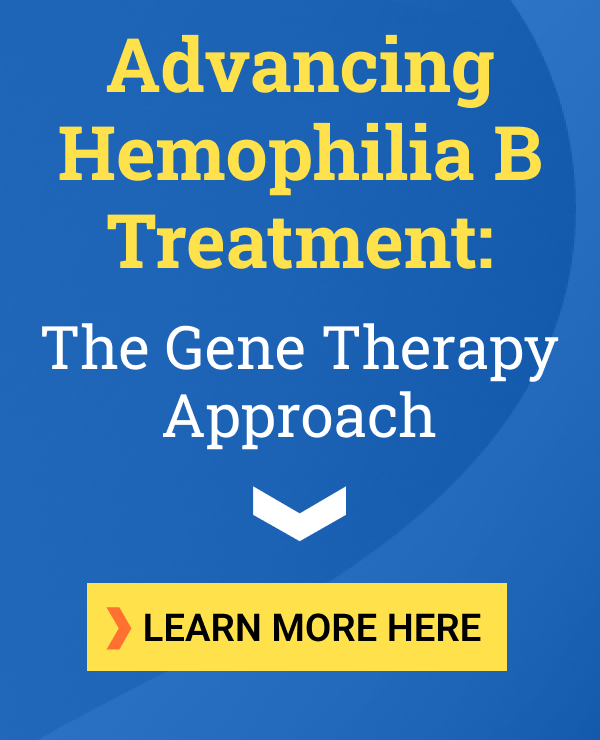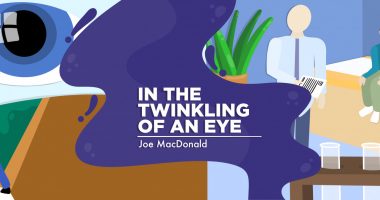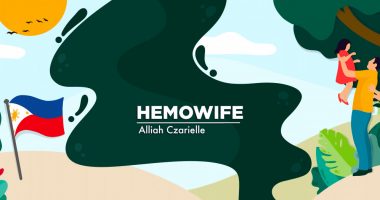One Drop’s impact on those with ultrarare bleeding disorders
Attending a consortium that advocates for those who are too often unseen

This month, I attended One Drop, a “rare bleeding disorders consortium” hosted by Comprehensive Health Education Services (CHES) in Tampa, Florida. The event supported individuals and families with deficiencies of factor I, II, V, VII, X, XI, XIII as well as rare platelet disorders, such as Glanzmann thrombasthenia.
Janet Brewer, the CHES Foundation‘s co-founder and CEO, began her journey in the bleeding disorders community nearly 50 years ago, when her brother was born with severe hemophilia A. Her commitment intensified with the birth of her son Christopher, who also has severe hemophilia A with an inhibitor, and with the similar diagnosis of her second son, Stephen, and the carrier status of her daughter Mikayla.
Her personal experience and her dedication drove Brewer to establish the foundation, where she’s channeled her passion into creating a supportive and informed community for those affected by bleeding disorders.
I thoroughly enjoyed hearing Brewer speak and appreciate her advocacy for people with ultrarare bleeding disorders — those who often lack the treatment options available to people with more common bleeding conditions, such as hemophilia. Brewer’s passion for supporting everyone affected by these conditions is inspiring.
My time at One Drop was fantastic as I connected with others affected by these ultrarare disorders. I myself have a rare platelet function defect as well as hemophilia B. The event included a blend of educational sessions, engaging activities, and shared meals, creating a sense of community and support. It also offered child care, which was great for families, and specialized programs for teens. Even those joining virtually could participate in live sessions via Zoom. I found it powerful to talk with others facing similar challenges.
Chances to participate in research
The event featured two significant research initiatives centered on gathering data to improve diagnosis and care for those affected by ultrarare bleeding disorders. The first, ATHN10, led by the American Thrombosis and Hemostasis Network (ATHN), sought patients to get a blood draw and genetic testing that weekend to build a comprehensive national dataset.
Overseen by Tami Singleton, MD, and Diane Nugent, MD, this program was an essential step toward advancing personalized care and understanding these complex conditions. Having contributed to ATHN10 last year, I was pleased to see the project’s continued work in this critical area of research.
The second initiative, the Women’s Ultra-Sound Project, offered joint ultrasound scans to women ages 18-50 with factor deficiencies to assess potential damage. According to CHES, no national study uses ultrasound to evaluate joint health in women with factor deficiencies.
There aren’t yet sufficient data to support researchers’ suspicions that women with bleeding disorders or factor deficiencies may experience more joint damage than unaffected women. Gathering this data is essential for advocating for better diagnosis, care, and treatment tailored to the unique needs of women.
Both projects underscore the importance of gathering data to improve diagnosis and care for ultrarare and women’s bleeding disorders.
Events such as One Drop are crucial to foster a community whose members not only support one another, but also drive meaningful advancements in research, diagnosis, and treatment. I left feeling grateful for the connections I made and more motivated than ever to continue advocating for those affected by ultrarare bleeding disorders, ensuring they receive the recognition, resources, and care they deserve.
Note: Hemophilia News Today is strictly a news and information website about the disease. It does not provide medical advice, diagnosis, or treatment. This content is not intended to be a substitute for professional medical advice, diagnosis, or treatment. Always seek the advice of your physician or another qualified health provider with any questions you may have regarding a medical condition. Never disregard professional medical advice or delay in seeking it because of something you have read on this website. The opinions expressed in this column are not those of Hemophilia News Today or its parent company, Bionews, and are intended to spark discussion about issues pertaining to hemophilia.








Comments